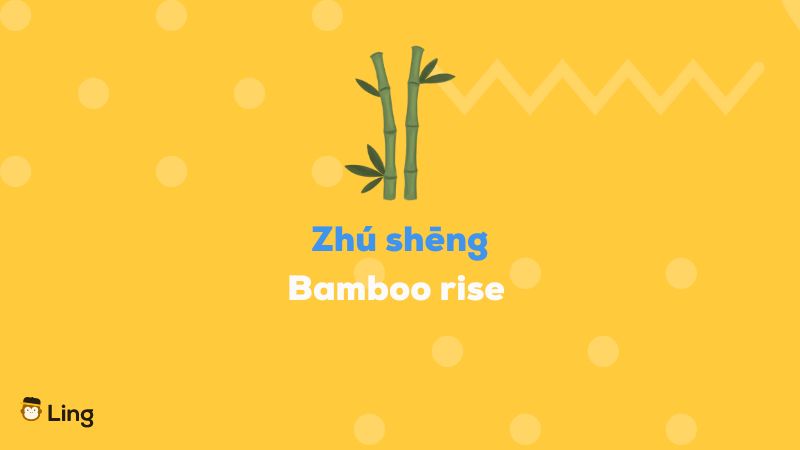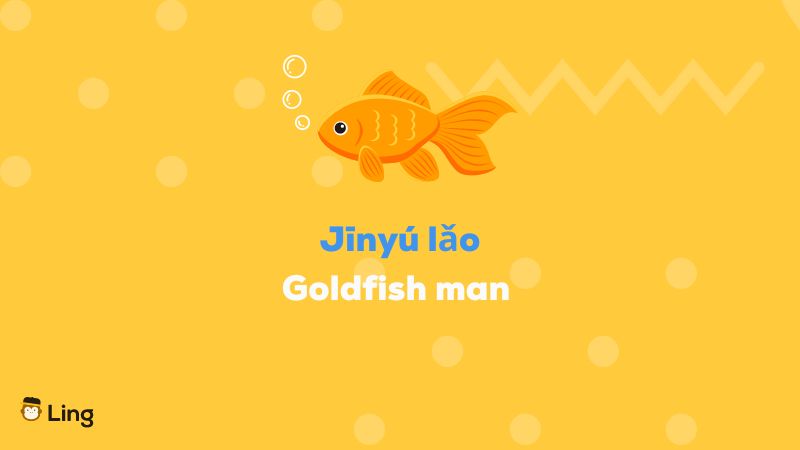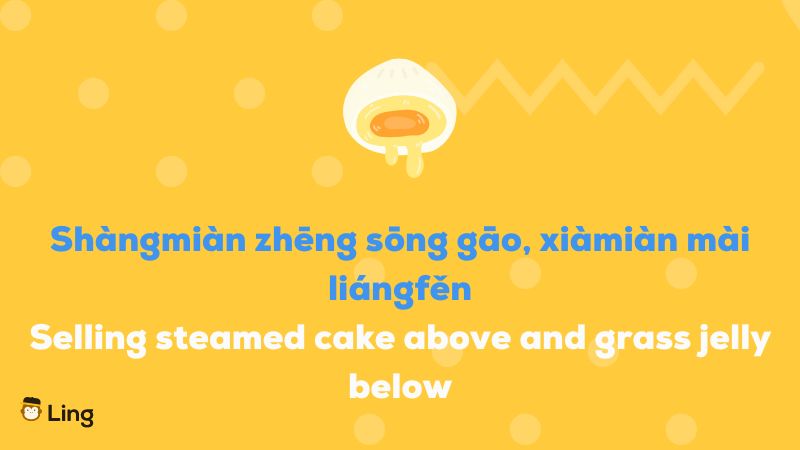Funny Cantonese phrases are a fantastic way to inject some humor into your daily life and break the ice in social situations. People in Hong Kong and South China can be a little tight, and these phrases can surely help you break that tough front and get to the smoochy warmth inside!
As a traveler to Hong Kong, I discovered the power of these phrases on my first visit when I found myself in the bustling streets of Causeway Bay, bargaining with local shopkeepers. During my several bargaining interactions, I kept hearing the phrase “chi sin” along with a somewhat desperate face when I asked to buy something half the price of what they were asking me (I know it is a little hardcore, but you have to start low to meet them in the middle!). Intrigued, I decided to learn what this phrase was, and consequently, I discovered the world of funny phrases in Cantonese.
The next day I decided to put my knowledge into practice, so I confidently asked the store lady for the price, and as soon as she told me, I dropped a “chi siiiiiiiiiin” with a cheeky and playful tone and a very funny cartoon-like facepalm. To my delight, it had the desired effect and the store lady was in tears of laughter. Any language barriers that might have existed were instantly destroyed! She loved it so much that she almost wanted to offer me the t-shirt I wanted to buy, but I felt bad and agreed on a fair price!
This experience showed me the importance of knowing these phrases in your everyday life, as they not only make for a more enjoyable experience but can also be an effective way to break down social barriers and especially get a lower price while bargaining! Always useful!

Whether you are looking to make new friends, haggle for a better price, or simply add some humor to your interactions, funny Cantonese phrases are a must-know for anyone traveling to Hong Kong or Southern China where Cantonese is widely spoken.
So, let’s take a journey into the world of funny Cantonese expressions and break some Chinese walls (see what I did there? Haha). From playful banter to witty comebacks and some Cantonese slang, these phrases will not only bring a smile to your face but will also help you connect with the deep and rich culture of the area.
Funny Cantonese Phrases And Expressions

Chi sin 黐線 (ch1 sin3)
Translation: glued wires
This was the first funny phrase I learned in Cantonese and has been one of my favorites since then. The literal translation is “glued wires,” and chi sin means “crazy” or “insane”. That makes sense, right? If you think that the mind is like a circuit, crazy people may have some wires that are a little… short-circuited. This phrase is also used to express surprise or incredulity, so that is why when I shot a very low price to the store lady, she literally called me crazy. In a cute and respectful way let’s say.

Zhú shēng 竹升 (zuk1 sing1)
Translation: The bamboo rise
Oh boy, Cantonese is so fun! This phrase was originally expressed as 竹竿 (zuk1 gon1 – bamboo pole) and was used to represent Chinese people that were raised overseas – just like the bamboo, it was hollow inside, signifying the lack of Chinese culture in their knowledge. Recently it has been changed to 竹升 (zuk1 gong3 – bamboo rise) as gon1 and gong3 sound very similar in Cantonese.
The English equivalent to 竹升 (bamboo rise) is to call someone a banana – yellow on the outside and white on the inside. A very witty and smart way to call someone an outsider.

Jīnyú lǎo 金魚佬 (gam1 jyu4 lou2)
Translation: Goldfish man
On a deeper note comes this Cantonese phrase with a very dark back story. Inspired by a series of crimes that occurred in the 60s where creepy men would lure young women into kidnapping them by promising to show them goldfishes, a “goldfish man” is used to mean a middle-aged or older man with supposed paedophilic tendencies. It is also commonly used to represent perverts or creepy men.

Shàngmiàn zhēng sōng gāo, xiàmiàn mài liángfěn 上面蒸鬆糕,下面賣涼粉 (soeng6 min6 zing1 sung1 gou1 haa6 min6 maai6 loeng4 fan2)
Translation: Selling steamed cake above and grass jelly below
And the funny phrases continue with one that I find so amusing. This is a phrase that is used to describe someone who is wrapped up well on the top half of their body but underdressed for the bottom half! Imagine a girl with a very heavy and fluffy jacket but using a mini skirt in plain winter. The literal meaning is a bit more complex and compares two different types of food.

Sik ling mung 食檸檬 (sik6 ning4 mung4)
Translation: Eating Lemons
This phrase means “Eating lemons” and it is like rubbing lemons into an open wound. It is hurtful and used to say that someone got rejected, most likely romantically.

Boh din wah juk 煲電話粥 (bou1 din6 waa6 zuk1)
Translation: To boil telephone congee
If, literally, you’re imagining a pan boiling a telephone in a congee soup, and figuratively, you should be imagining someone talking to the phone for hours on end. Congee is a rice porridge that needs to be cooked for a very long time. Hence Cantonese finds this very amusing way to tell that someone spends too much time talking to their friends on the phone.

Aiya 哎呀 (aai1 aa1)
Translation: Bollocks!
Do you want to learn an expression you can use in Cantonese when you forget your keys in the office or when you stub your foot pinky into the furniture? You’ve probably already heard this expression somewhere. It is recognized all across China and Sri Lanka, so you’ll get some sympathy looks if you say it!

Gai Tung Aap Gong 雞同鴨講(Gai1 tung4 aap3 gong2)
Translation: Chicken talking to a duck
When Cantonese speakers witness a conversation that doesn’t seem to have an ending and that goes round and round, they describe it as “Chicken talking to a duck”. Can you imagine a conversation between a chicken and a duck? Pointless, right?
That’s It For Today!
There are many more funny expressions in Cantonese. However, we don’t have time today for more! Nevertheless, with this article and these 7 options of funny phrases, you’re guaranteed to impress your Cantonese-speaking friends with your incredible knowledge!
Hopefully, I have sparked your curiosity towards this incredible language and that you want to learn more about it! If this is the case, don’t forget to check our blog weekly and check out our updated and interesting content about this language.

Learn More Cantonese With Ling App
Did I forget to mention that we also have a language learning application where with only 15 minutes a day, you can see progress in your Cantonese? I also forgot to tell you that Ling App’s lessons are based on fun and interactive methods such as games, puzzles, and quizzes that trigger your learning abilities and make you absorb information much faster. All the lessons are tested and updated by native speakers, which assures that all the information is accurate and relevant for you to dominate Cantonese. Aiya!
Download the app from Google Play or App Store today and start learning Cantonese!






















